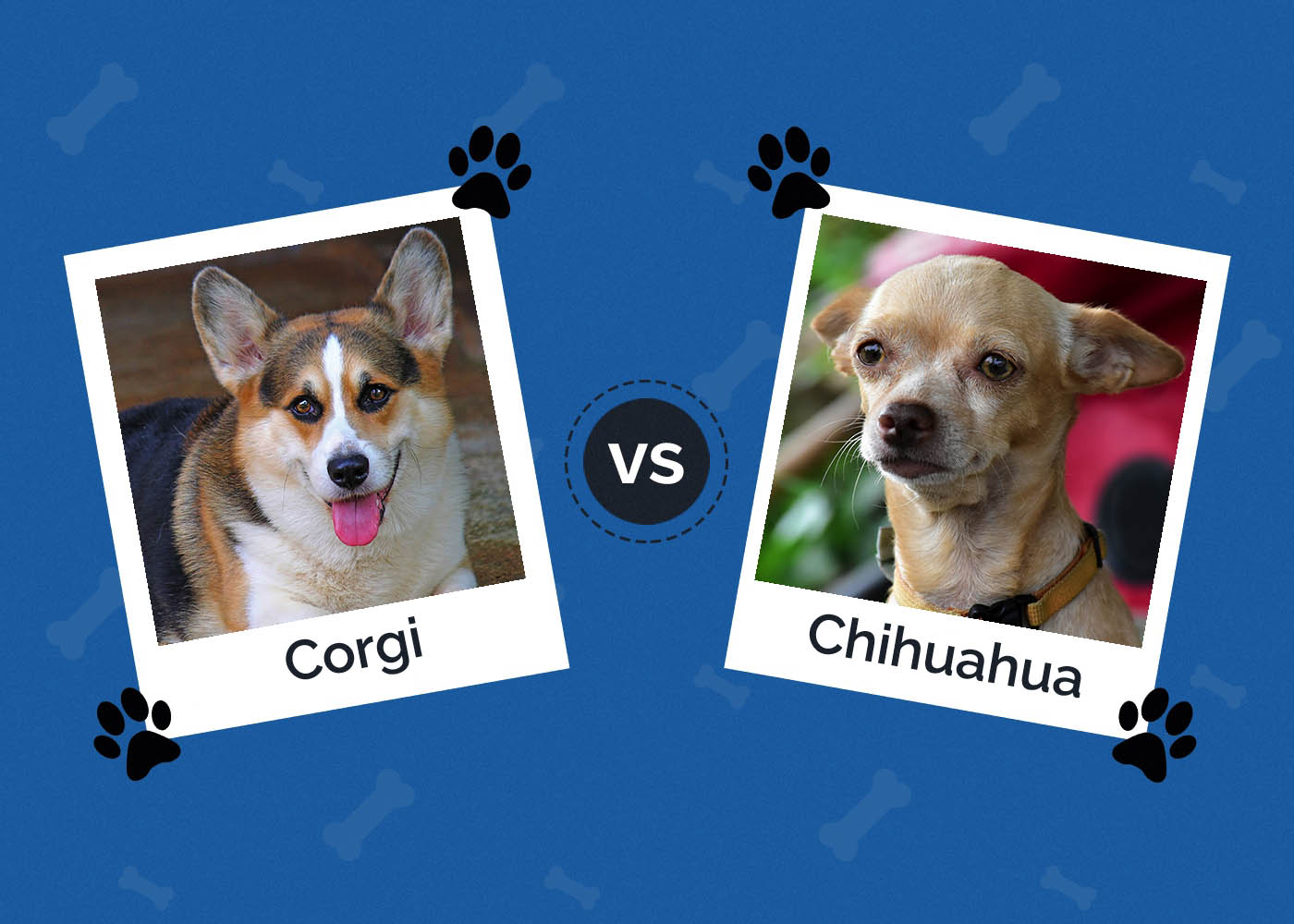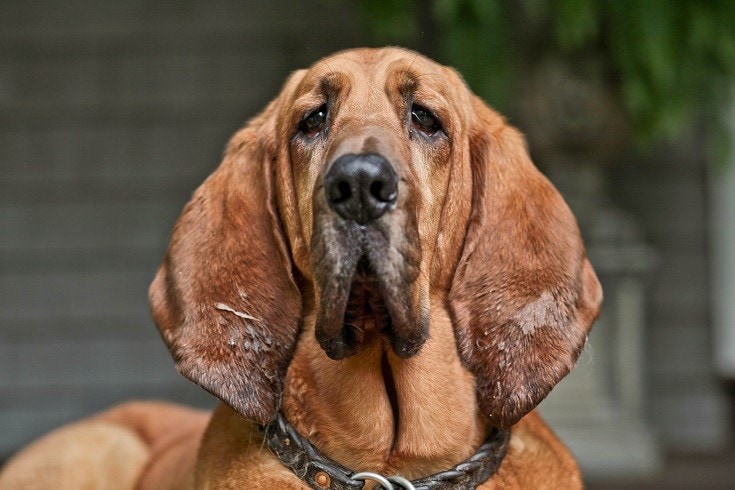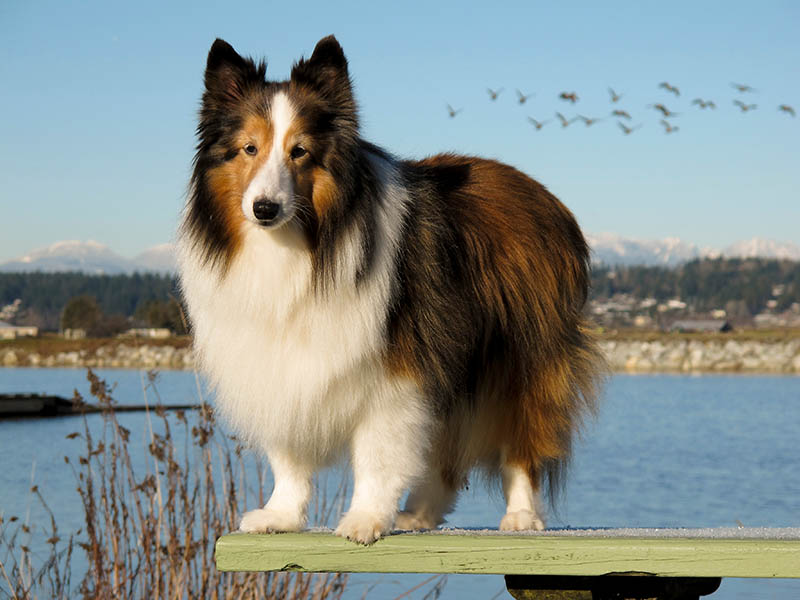How Long Does It Take to Potty Train a Dog? Vet-Approved Tips

Updated on
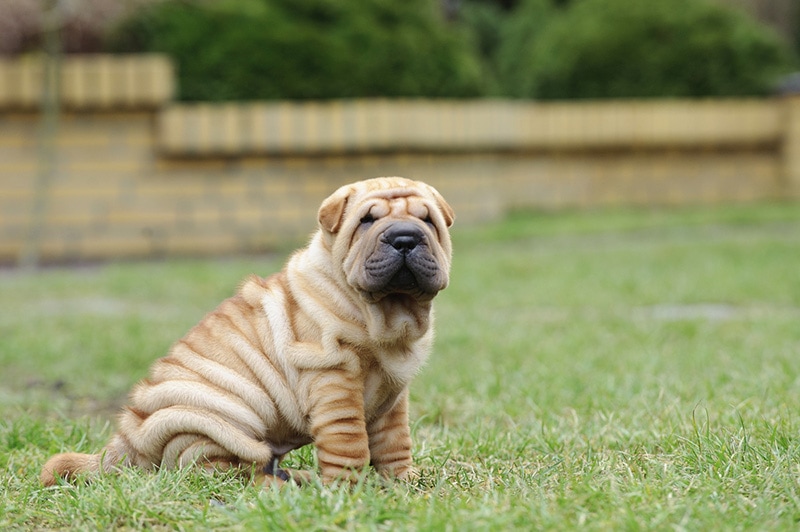
Potty training, or housetraining, your dog is an important training experience for your new puppy. It takes time, patience, and consistency, however.
Most puppies can be fully housetrained in four to six months, but some puppies may take up to a year. Smaller dogs, for example, have smaller bladders and higher metabolisms and may need to go outside more often. In addition, puppies that came from abusive or negligent homes may have more undesirable habits when it comes to housetraining.
When to Start Housetraining
Housetraining should begin when your puppy is between 12 weeks and 16 weeks. As your puppy ages, they will learn to control their bladder and bowel movements more effectively.
If your puppy is an older rescue or came from a facility where it was kept in a cage—where it also eliminated—housetraining may take longer. It’s important to be patient and considerate of your puppy’s previous living environment.
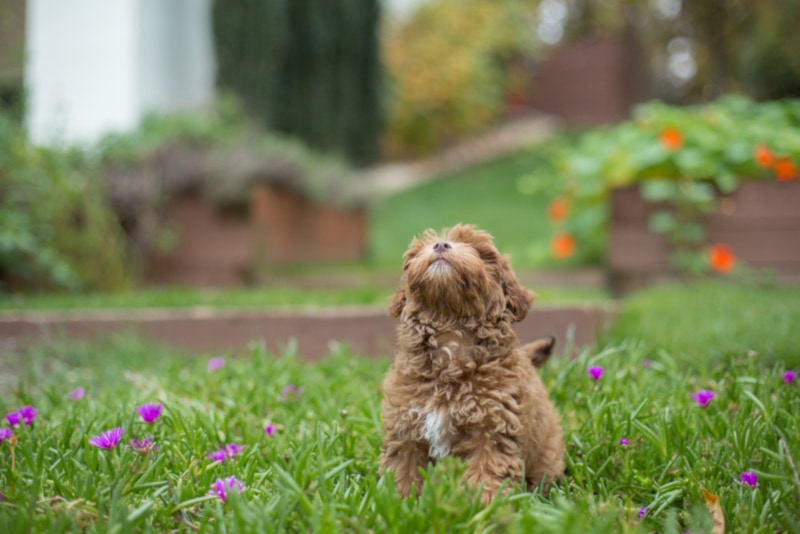
How to Housetrain a Puppy
Your puppy should be confined to a small space, such as a crate, during housetraining. As your puppy learns to hold its bladder and bowel movements, it can have more freedom to move around the house.
It’s best to begin with a routine schedule. Your puppy should go out first thing in the morning or when it wakes from a nap. Like humans, puppies tend to need to go out after sleeping. You should also take your puppy out before bed and before they’ll be alone for long periods.
Your puppy should be taken out after each feeding. Stick to a regular feeding schedule and avoid free-choice feeding, which can make it difficult to determine when your puppy ate and needs to go outside.
When you go outside, try to visit the same areas. The scent of previous elimination will encourage your puppy to go. When your puppy eliminates, reward it with praise or a treat.
As a general rule, puppies can hold it for as long as they are old. So, a puppy that’s three months old can hold its bladder and bowels for about three hours, a puppy that’s four months old can hold it for four hours, and so on.
Tips for Crate Training
A crate is a helpful tool for housetraining. Though you may not want to leave your dog in a crate, it can be short-term until the training is complete. The crate not only keeps your puppy from causing trouble when you’re not looking, but if it does have an accident in the crate, it will learn to avoid “messing” in its sleeping area in the future.
Here are some tips for crate training:
- Make sure the crate is big enough for your puppy to turn around and lie down but not big enough to have an accident in one corner and move away from it.
- If you’re leaving your puppy in the crate overnight or for long periods during the day, be sure to provide fresh water.
- If you’re out of the house for work while housetraining, have someone come over to let your dog out to reinforce housetraining habits.
- Accidents will happen, but if your puppy is repeatedly eliminating in the crate, it could be an indication that the crate is too big, or the puppy was left to eliminate in a crate or cage at its previous home. If this is the case, housetraining using a crate may be more difficult.
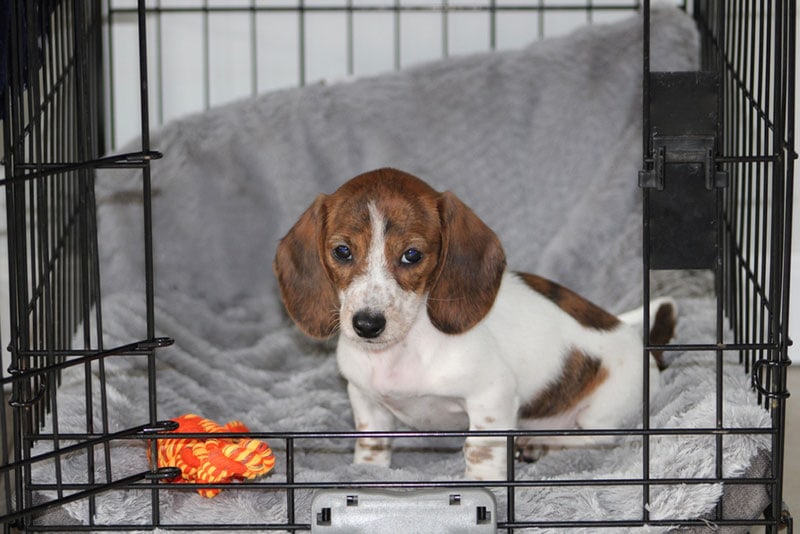
Housetraining Setbacks
Accidents and setbacks in housetraining are common, especially when your puppy is younger. Here are some tips to remember when an accident happens:
- Don’t punish your puppy for accidents! This is counterproductive and only teaches your puppy to fear you. If you do catch your puppy in the middle of an accident, clap loudly, then take your puppy outside to finish.
- If you catch an accident after it happens, don’t yell at your puppy or rub its nose in it. Puppies don’t understand what this is trying to achieve. Instead, take your puppy outside and see if it will eliminate.
- Clean up accidents with an enzymatic cleaner to remove any odors that will encourage your puppy to reuse that spot.
- If accidents are repeatedly happening, make an appointment with your vet to rule out any medical causes. The puppy could have a health issue that’s causing a delay in housetraining. If there isn’t a medical cause, you may want to consult with a dog behaviorist for guidance.
Conclusion
Housetraining is one of the most important skills you can teach your puppy. Without it, life can get frustrating and messy! The process takes a while as your puppy grows and learns, but it’s worth the effort to have a dog that’s reliably housetrained.
Featured Photo Credit: Waldemar Dabrowski,Shutterstock


